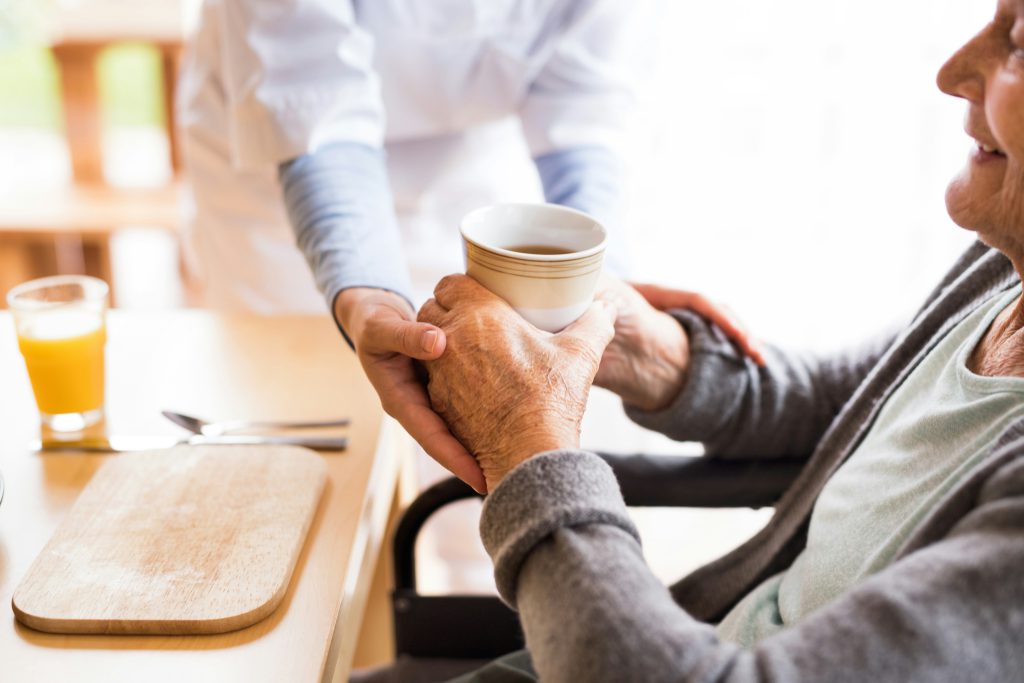3 Reasons Why You’re Not a Failure for Placing Your Relative in a Care Home

Collaborative Post
When you are providing care at home for an ageing parent or relative, the time may come when you decide that they need to move into a care home. Many people feel a major sense of failure if they do this. However, it’s so important to remember that even though you feel like this, you shouldn’t, and here is why.
You’re Not ‘Abandoning’ Them
There is this major sense of abandonment that a relative can feel, and this can compound further within us. Care providers such as Lidder Care homes actively seek to work alongside family caregivers, not replace them entirely. This means that when you place a relative in a care home, you can remain involved in their care while also ensuring they receive the specialised support they need.
If you are at that point where you’re thinking about the application process for a care home, now is the time to look at the things you’re not able to give them, for example, time, especially when there are other duties in your life. But this feeling of abandonment, no matter how overwhelming it may be, is not an accurate reflection of what you have done because you have only done your best.
The Risk of Burnout
Caregiver burnout is a real risk. Many people keep pushing on, thinking that they need to do the best by their ageing relative, but burnout doesn’t just negatively impact the person providing care but also the person receiving it. Being a carer is physically, mentally, and emotionally exhausting, resulting in issues like stress, depression, and anxiety, and this can result in neglect of your own health.
Asking for help is never a sign of failure, but a fact that you’ve been strong for too long. We are all limited in our capabilities, not just as a caregiver, but as a human being. Therefore, reaching a point where you can no longer provide adequate care by yourself or with the right resources around you is not a sign of failure in the slightest.
The Strain on Family Dynamics
There are various levels of tension and strain that can build up in a family, not just between yourself and the relative you’re supporting but also other members of the family.
For example, if you have brought your relative to live with you, this stress can build up and cause family tensions and resentment, especially if you feel the caregiving duties are falling disproportionately on you.
If there are siblings involved and you feel they don’t pull their weight, this sense of resentment can have an effect on your abilities as a carer.
We always need to do what’s best for the person receiving the care and respect their rights and dignity. If you experience burnout or become unwell this is going to negatively impact the care you provide. If you feel there is no time for self-care, you’re not going to be doing your best. Prioritising self-care and seeking support is not a sign of weakness, but is a necessary step to ensure you can continue supporting your loved one in a sustainable way and there should be no shame or guilt in making this decision. In fact, it’s often the best way to ensure both the care recipient and the caregiver get the support they need.
Image Unsplash+

